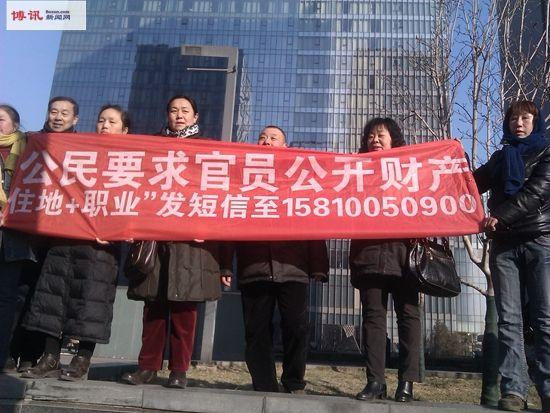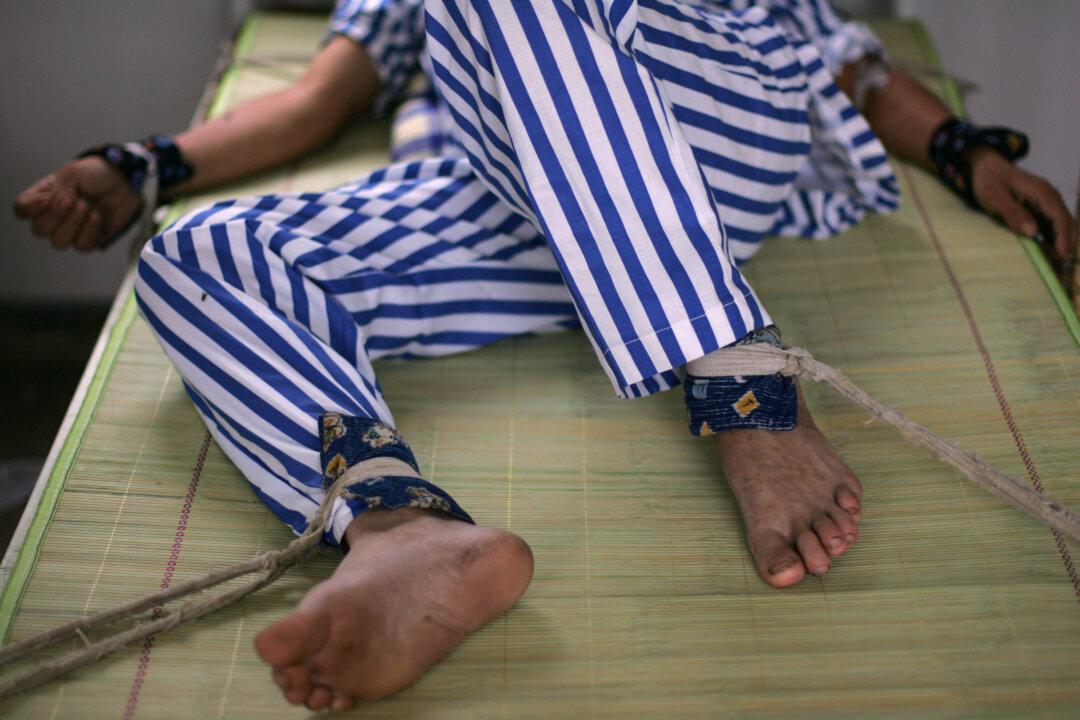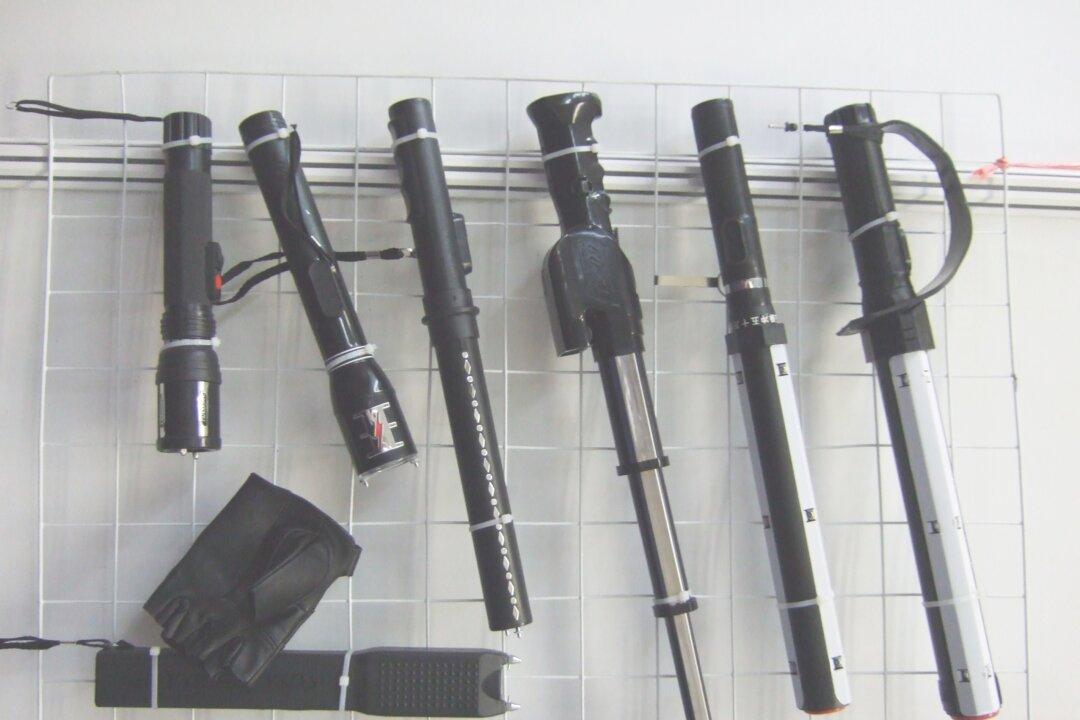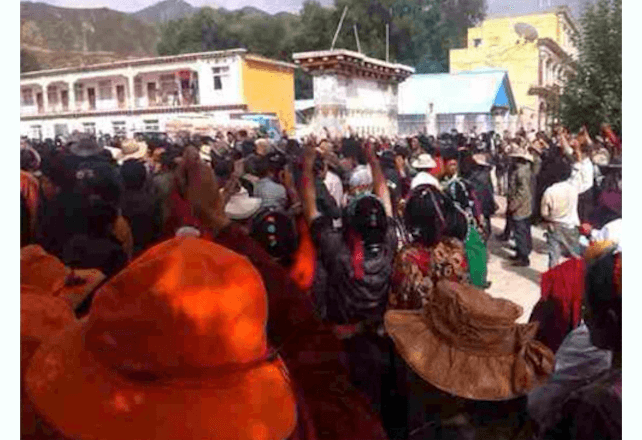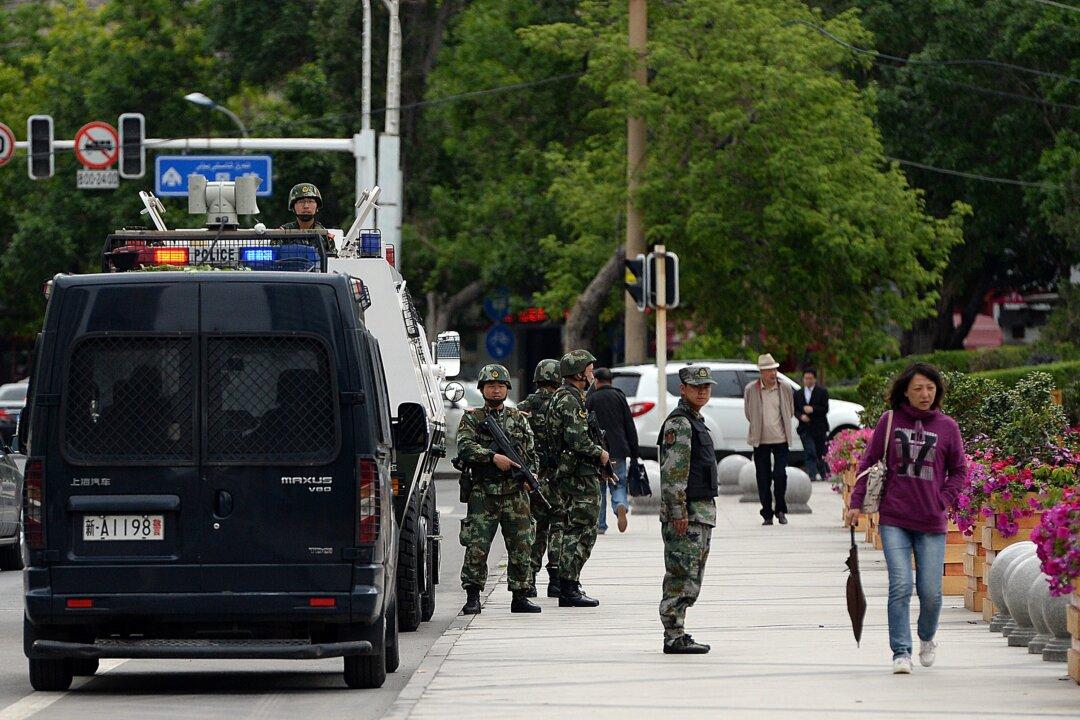Last year was the worst for human rights since at least 2008, says an annual report from Chinese Human Rights Defenders. The signature “Chinese Dream” of the new leadership has instead become a “nightmare,” they say.
“The Chinese government’s assault on activists last year indicates just how far authorities under the rule of President Xi Jinping are willing to go to suppress an increasingly active and emboldened civil society,” said Renee Xia, the international director of CHRD.
Defining new developments in 2013, when Xi Jinping’s regime took office, as well as ongoing rights concerns, CHRD points to a major crackdown on civil and human rights across the board.
The assault on the New Citizens Movement and asset disclosure advocates targeted peaceful assemblies; new laws concerning “rumors” targeted bloggers and signaled increased criminalization of speech in the media and online; the widespread physical violence against human rights lawyers served to deny legal counsel to rights advocates, the report charges.
Dozens of human rights activists interviewed for the report pointed out that 2013 was the worst year for human rights since the crackdowns around the Olympics in 2008. Specifically, the report states:
The number of activists detained last year was greater than any since crackdowns in 1999; the number of criminal detentions of human rights defenders trebled that of 2012; over 220 activists were detained, with dozens formally arrested and tried or awaiting trial; there were over three times more enforced “disappearances” than in 2012.
Despite the highly publicized abolishment of Re-education Through Labor, CHRD identifies notes that other extrajudicial detention methods have sprung up, including increased use of “black jails.”
Although Xi Jinping, the Party leader, pledged to purge corruption from the Communist Party at all levels, activists who requested that high-ranking officials declare their personal wealth were hastily detained. Activists considered to be leaders of the asset disclosure movement were charged with “gathering a crowd to disrupt order of a public place” and other terms that disguise the political nature of the arrests.
Rights defenders involved in the New Citizens’ Movement, a loose-knit group seeking political, legal, and social reforms, were detained, tried and issued harsh sentences. Most notably, the respected law professor Xu Zhiyong was tried on those charges and sentenced to four years of imprisonment.
The regime made it clear in a 2013 internal memo, Document No. 9, that discussion of “Western ideals,” including universal values, democracy, and human rights would not be tolerated. An assault was launched on activists advocating rule of law, constitutional democracy, and freedom of the press.
Political persecution and suppression in ethnic minority regions increased, as did harsher security measures and intensified violence in Tibet and Xinjiang, the report said.
Chinese Human Rights Defenders also pointed out that the leadership failed to ratify the international standard for human rights, including the International Covenant on Civil and Political Rights (ICCPR), despite repeated promises to do so. The group urged the Chinese regime to honor its promise to the international community to “promote and protect human rights and fundamental freedoms.”
